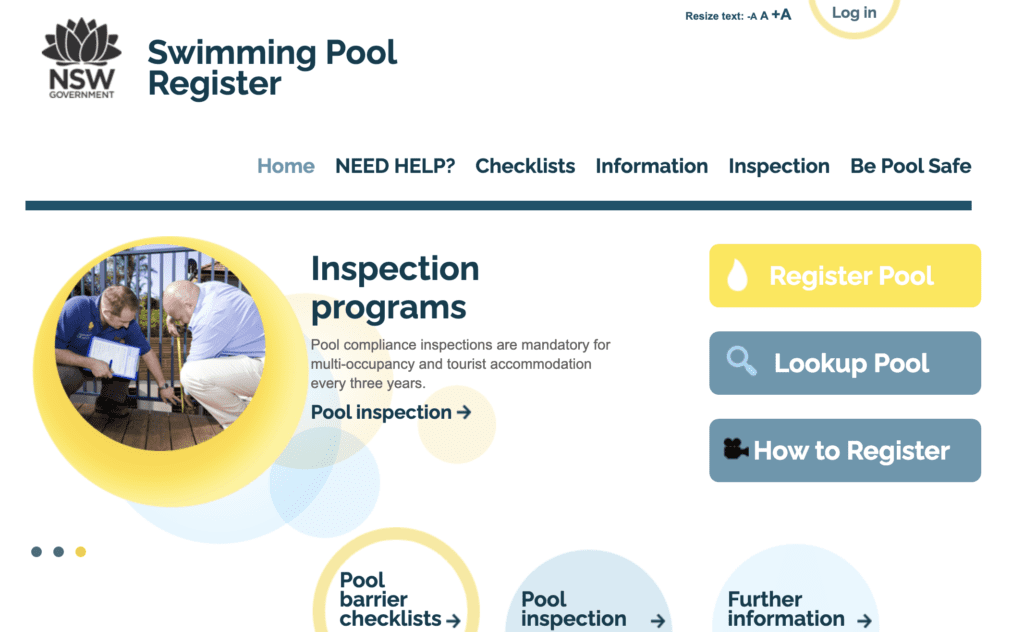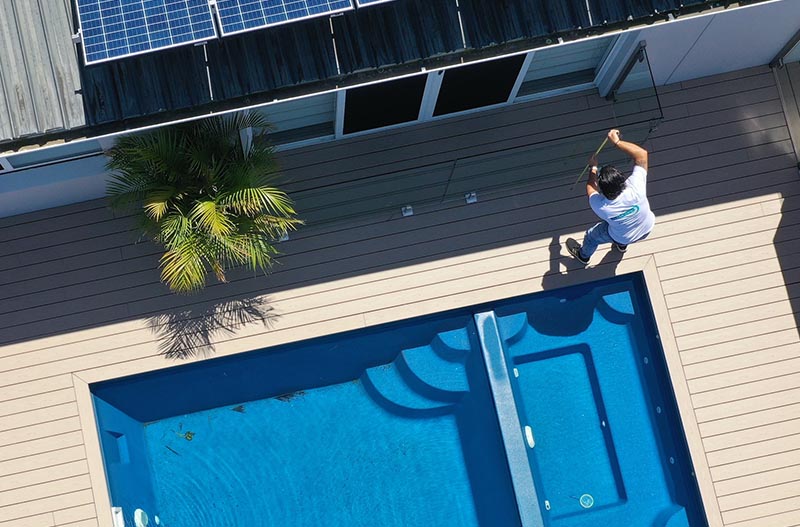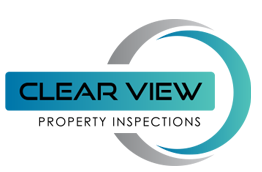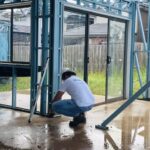Who can issue a pool fence safety certification?
If you find yourself in need of a pool safety certificate, whether due to leasing or selling your property, or as part of a local council initiative, understanding the process is essential. Here’s what you need to know about obtaining a pool safety certificate in New South Wales (NSW).
Who needs a pool safety certificate?
The requirement for a pool safety certificate typically arises when leasing or selling a property, or as mandated by a local council initiative.
The aim is to ensure that swimming pool barriers comply with the NSW Swimming Pool Act of 2018, relevant swimming pool regulations, and the Australian standard 1926.1 applicable to the year of pool construction.
Who can issue a pool fence certification?
In NSW, several options are available for obtaining a pool fence certification. One can approach the local council covering their property area. Contacting the council to schedule a swimming pool inspection is the initial step.
However, it’s imperative to ensure that the pool is registered before scheduling the inspection, regardless of the chosen certifying authority.
Alternatively, private pool certifiers like Clear View Property Inspections offer specialized services. They possess expertise in new pool construction, consultation, rectification, and compliance with pool barrier designs.
Private certifiers often provide personalized assistance in navigating the certification process.
TIP: The pool will need to be registered regardless of who you use to inspect your pool and receive a pool fence certificate.

NSW Pool Register – Click on the Register Pool button to begin.
Its quite a simple process to register the pool. NSW government has developed a simple to use pool register. Just follow the steps indicated on the site. There is even some basic checklist you can do to check your pool barrier. These checklists are basic and not 100 percent accurate so there can be some discrepancies on what your checklist has and what the pool certifiers say.
For more info, visit the Swimming Pool Register website: https://www.swimmingpoolregister.nsw.gov.au/
Who you can use for the pool fence certification?
I would suggest using private pool certifiers, such as Clear View, for the pool fence certification as we have found they are more inclined to help you and direct to the best method possible on achieving your safety certificate.
We at Clear View Property Inspections are licensed builders and experienced with new pool construction, new pool fence consultation experts, rectification and compliance pool barrier designs and advice.

Clear View Pool Safety Inspector and Certifier







